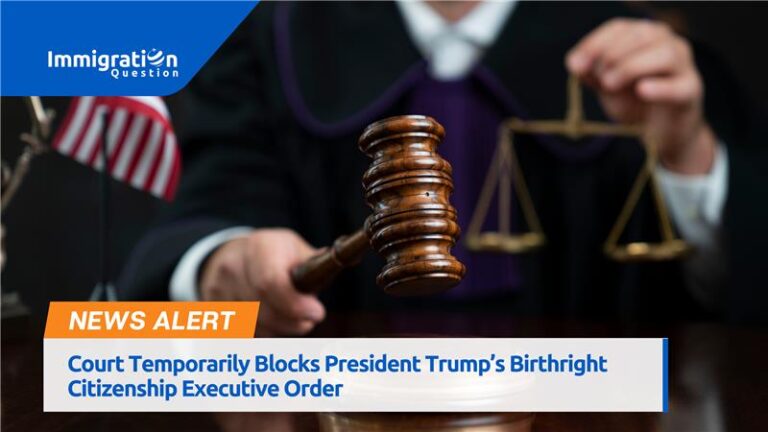A new U.S. intelligence report found no ties between Venezuela’s government and the Tren de Aragua gang, undercutting Trump-era claims used to justify mass deportation. The findings challenge the administration’s use of a historic wartime law against migrants, raising legal and ethical concerns over its broader implications.
A New Assessment Challenges Official Narrative
A recent U.S. intelligence assessment has pushed back against claims made by President Donald Trump and his administration that a notorious Venezuelan gang, Tren de Aragua, is working in concert with the government of President Nicolás Maduro. The classified report, developed by the National Intelligence Council and drawing on insights from 17 of the 18 U.S. intelligence agencies, found no substantial evidence of coordination between the gang and the Venezuelan state.
Officials familiar with the report said the conclusion is more definitive than an earlier intelligence summary released in February. The FBI was the only agency that dissented from the consensus findings based on broad intelligence input and deep sourcing.
Minimal Contact, No Collaboration
While the assessment did acknowledge some limited interaction between lower-level Venezuelan officials and gang members, there was no indication of a direct relationship or strategic support from the top levels of government. The findings suggest that the Trump administration’s narrative of the gang infiltrating the Maduro regime lacks a factual foundation.
The assessment directly challenges the Trump administration’s public justification for invoking the Alien Enemies Act to deport Venezuelan migrants. The administration had labeled Tren de Aragua as a foreign arm of the Venezuelan government and claimed it posed a national security threat.
Legal and Political Ramifications
The new intelligence report comes amid a recent Supreme Court ruling that allowed the Trump administration to use the Alien Enemies Act—a law from 1798 initially intended for wartime—to deport Venezuelan migrants. However, the Court added that those deported must be granted court hearings. Despite the Court’s ruling, many deported individuals reportedly received no opportunity to challenge their removal, and legal experts argue there is insufficient evidence linking them to criminal activity.
Trump’s Claims and Ongoing Deportations
In March, Trump publicly declared that Tren de Aragua had deeply embedded itself within the Venezuelan state apparatus, including military and law enforcement circles. His attorney general reinforced the message in media appearances, asserting that the gang was operating as an organized foreign threat.
These claims served as a foundation for the administration’s aggressive deportation policy, which also designated Tren de Aragua and other groups as foreign terrorist organizations.
A Rare Use of a Historic Law
The Alien Enemies Act has been invoked sparingly in American history, most notably during World War II, to intern Japanese Americans. Its invocation in recent years has been alarming to civil rights activists, including the American Civil Liberties Union, which argues that the legislation was never intended to be used against non-state actors such as criminal gangs.
The ACLU and other detractors warn that sweeping interpretations of the law could set dangerous precedents for future administrations, possibly blurring the line between immigration enforcement and national security.
What’s Next?
As deportations continue and legal opposition escalates, the gap between intelligence conclusions and executive actions could increase criticism of the Trump administration’s immigration policy. The gap between words spoken for national security and actual intelligence could set the stage for future debate on how the U.S. engages with migrant communities, organized crime networks, and the use of historic wartime powers.
To stay updated and informed, watch our news section or drop your immigration questions on immigrationquestion.com and get responses from professional attorneys.










